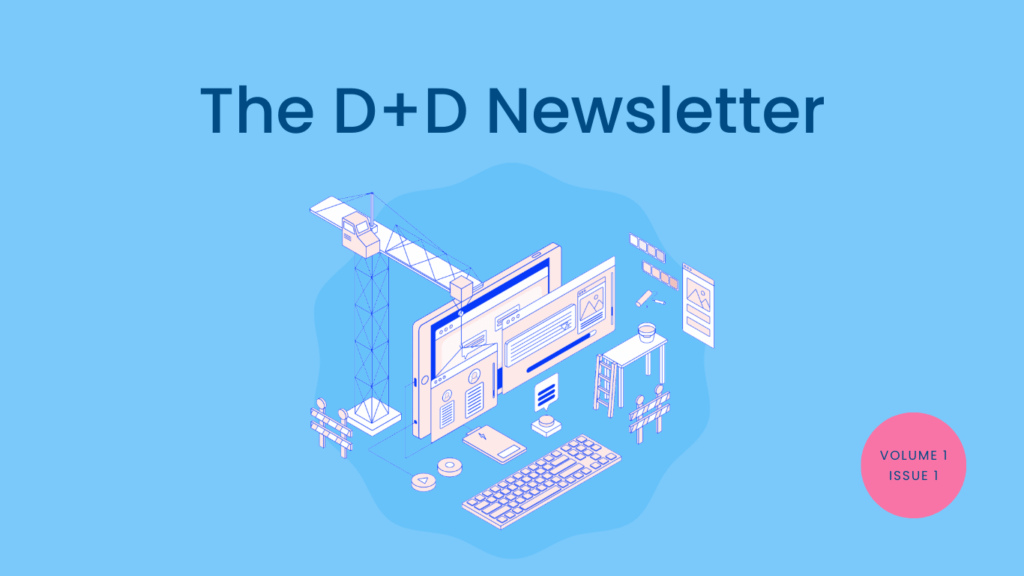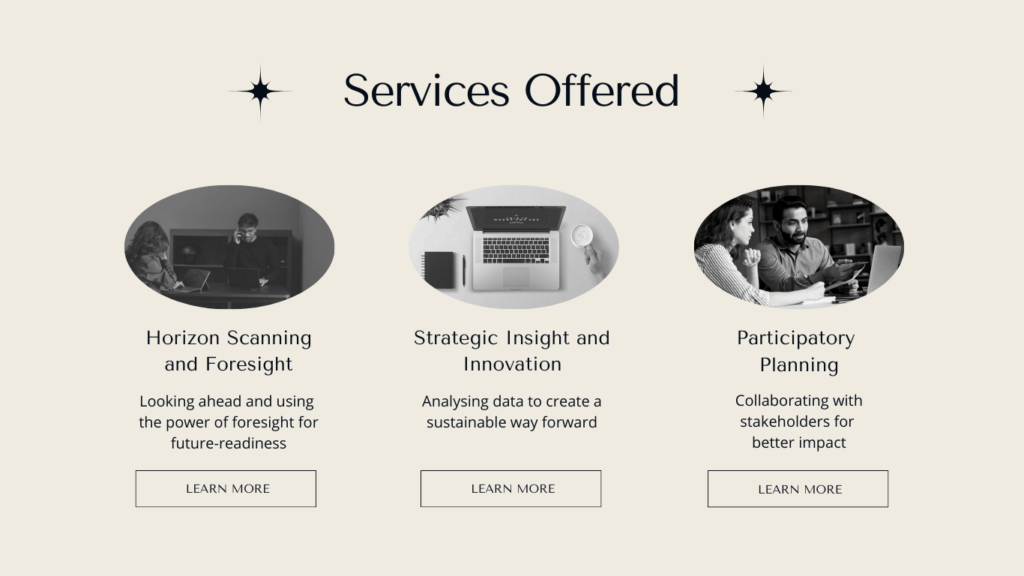9 key reasons why content optimization is essential for digital marketing success.

In the ever-evolving landscape of digital marketing, content optimization plays a pivotal role in ensuring your brand remains visible and competitive. Optimizing content is not only about ranking higher in search engines but also about improving user engagement and driving meaningful conversions. This article delves into nine key reasons why content optimization is essential for any effective digital marketing strategy and how it can significantly enhance SEO, traffic, and business growth.
1. Enhances Search Engine Visibilityour Heading Text Here
A core benefit of content optimization is the ability to boost your website’s visibility in search engine results. By using relevant keywords and phrases, search engines like Google can easily index and rank your content. This improves your chances of appearing in top search results, thus driving organic traffic to your website.

To achieve this, it is crucial to incorporate relevant keywords using SEO content writing services and content optimization tools such as Google Keyword Planner, Ahrefs, and SEMrush. For instance, if you’re focusing on content marketing for financial institutions, utilizing keywords like “SEO for financial services” can make a significant difference.
2. Improves User Experience (UX)ding Text Here
Optimizing your content improves the user experience (UX) by making it more readable, engaging, and accessible. When visitors find your content easy to navigate and valuable, they are more likely to stay on your site longer, which signals to search engines that your content is useful and relevant.
For example, content that focuses on user experience content strategy should be structured with proper headings, bullet points, and concise paragraphs. Adding multimedia elements such as images and videos also enhances user experience, keeping users engaged longer and lowering bounce rates.
3. Drives Targeted Traffic

The goal of content optimization isn’t just to increase visibility but to attract the right audience. By using targeted keywords, businesses can drive more qualified traffic to their site. Whether you’re creating content for ecommerce content marketing, real estate content creation, or content marketing for nonprofits, it’s essential to optimize your content with industry-specific keywords to attract users who are actively looking for your services.
For instance, in ecommerce content marketing, using targeted keywords such as “ecommerce SEO tips” will ensure that your audience consists of people interested in improving their online store performance.
4. Keeps You Competitive
In a digital landscape where competition is fierce, content optimization gives you an edge over competitors. AI SEO optimization tools and AI content generation for marketing have made it easier to analyze competitors and create more effective content. Staying updated with content marketing trends and refreshing old content ensures your website remains relevant and competitive.
For example, in the highly competitive real estate content creation space, regularly optimizing content with fresh insights and keywords keeps your business in front of your target audience.

5. Builds Authority and Trust
Optimized content that consistently delivers value helps establish your brand as an authority in your industry. When users repeatedly encounter high-quality content from your website, they are more likely to trust your brand and return for more information.
For example, brands that focus on content marketing for financial institutions can build trust by offering regularly updated, well-researched articles on financial trends. By linking to credible sources and providing accurate, up-to-date information, you strengthen your brand’s authority and credibility
Optimized content that consistently delivers value helps establish your brand as an authority in your industry. When users repeatedly encounter high-quality content from your website, they are more likely to trust your brand and return for more information.
For example, brands that focus on content marketing for financial institutions can build trust by offering regularly updated, well-researched articles on financial trends. By linking to credible sources and providing accurate, up-to-date information, you strengthen your brand’s authority and credibility.
6. Enhances Mobile User Experience
With more users accessing content on mobile devices, optimizing your content for mobile is essential. A mobile-friendly website ensures that your content is easily viewable and navigable on various devices. Google’s Mobile-First Indexing also prioritizes mobile-optimized sites in search rankings, making it even more important to cater to mobile users.
Ensuring your site is mobile-optimized enhances user engagement, especially for businesses focused on ecommerce content marketing or real estate content creation, where visuals and ease of navigation play a crucial role.
7. Boosts Conversion Rates
Optimized content does more than just attract visitors; it also helps convert them into customers. Using compelling calls-to-action (CTAs) that are keyword-optimized ensures that users are encouraged to take the next step, whether it’s subscribing to a newsletter, making a purchase, or requesting a consultation.
For example, in ecommerce content marketing, including a CTA like “Shop Now for Exclusive Deals” can help boost conversion rates by guiding users toward making a purchase.
8. Supports Data-Driven Decisions
Content optimization is an ongoing process that requires continuous monitoring and updates. By using tools like Google Analytics, you can track how your content is performing and make data-driven decisions to improve it further.
Regularly updating your content to reflect the latest content marketing trends, refreshing outdated data, and incorporating new keywords ensures that your content remains relevant and competitive.
9. Leverages AI for Efficiency
AI-driven tools like AI content generation for marketing and AI SEO optimization tools are revolutionizing how content is optimized and created. These tools help analyze vast amounts of data to generate content that resonates with your audience, is well-optimized, and ranks highly on search engines.
Adopting AI technologies in content creation and optimization helps streamline the process, allowing businesses to produce high-quality content more efficiently, which is crucial in staying ahead in the competitive digital marketing space.

Conclusion
Incorporating content optimization into your digital marketing strategy is no longer optional—it’s a necessity. From improving search engine visibility and user experience to building authority and boosting conversions, optimized content plays a pivotal role in the success of your business. By leveraging advanced tools and following the latest content marketing trends, businesses can ensure their content not only ranks well but also delivers value to their audience.
Regularly updating and optimizing your content keeps you ahead of competitors, helping you achieve long-term success in the digital marketing space.
To achieve this, it is crucial to incorporate relevant keywords using SEO content writing services and content optimization tools such as Google Keyword Planner, Ahrefs, and SEMrush. For instance, if you’re focusing on content marketing for financial institutions, utilizing keywords like “SEO for financial services” can make a significant difference.

